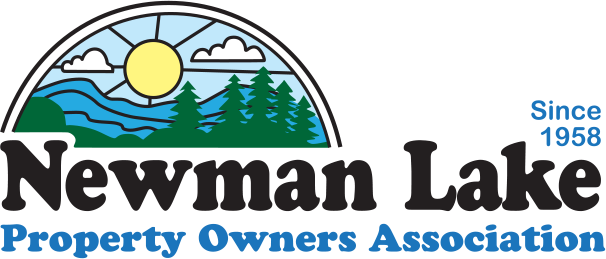Newman Lake Tri Community Grange
Newman Lake Tri Community Grange
The Grange is a family fraternal order dedicated to strengthen our communities through local involvement, faith, family, patriotism and activism. These are the foundation of our values.
Membership Information
Call Denise 509-389-7990 for membership information.
Activities
Community Yoga
Mondays from 5-6 p.m.
Except major holidays
Rentals
To rent the Grange call 509-385-4082. Full kitchen, stage, piano, tables and chairs, handicap accessible, large parking lot and free signage.
